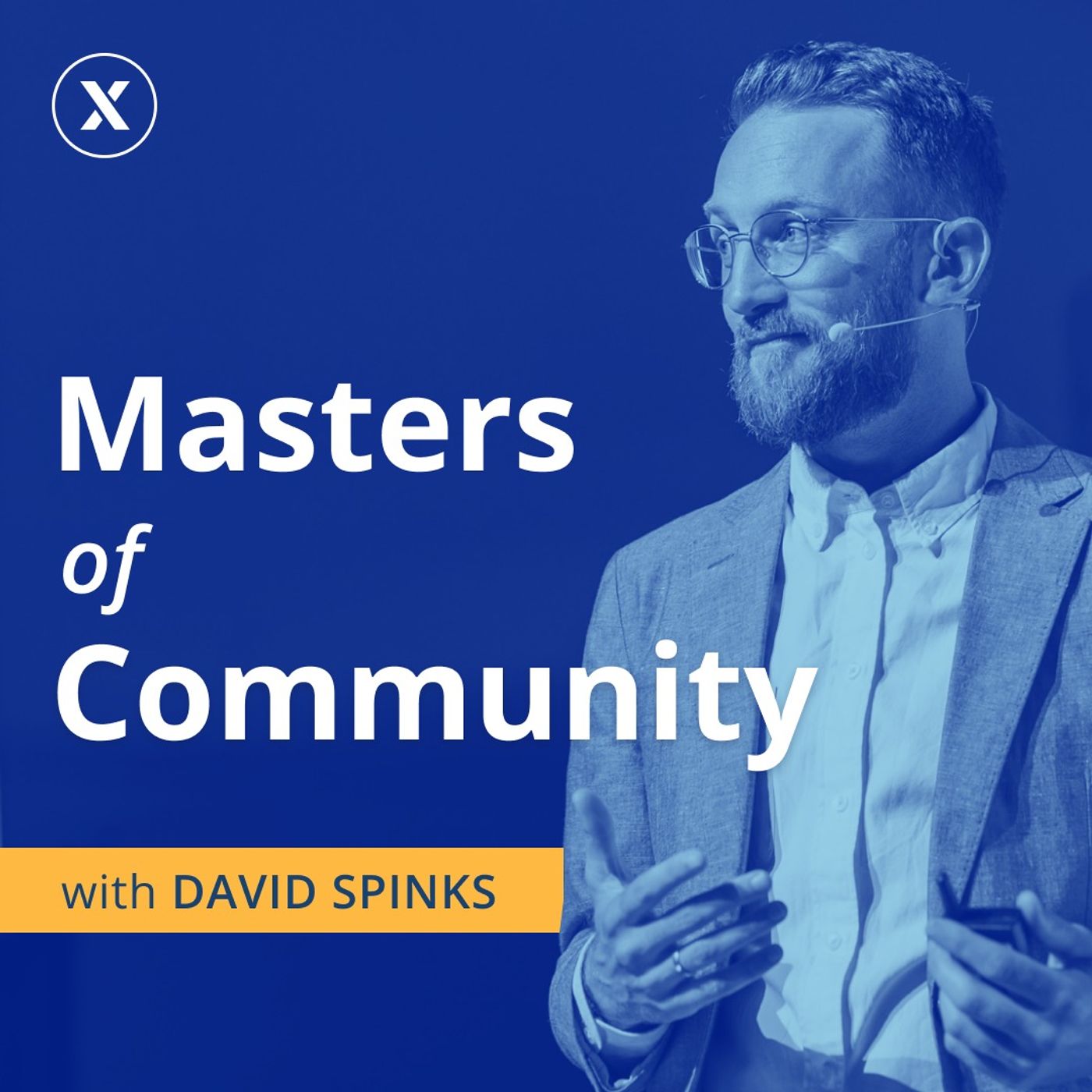The Community Wayback Machine with Howard Rheingold
August 30, 2021

In this episode of Masters of Community, we speak with Howard Rheingold, a veteran of the art of community, a writer, and a teacher known for his insights on the cultural, social, and political implications of technology. Howard pioneered the term “virtual community” by first speaking and educating students at Harvard University about the issues of using social media at scale.
This episode is all about lessons from the origins of community, back when the internet barely existed. Howard takes us back to the good-ol’ days of in-person-only communities. We examine why communities form in real life and how businesses can help sustain communities around their products and customers.
Lastly, we talk about what the future of community looks like.
Who is this episode for? Community professionals (beginners and experienced) and community historians.
Three key takeaways:
1. The common thread of community: Long before the internet arrived, people gathered in groups to support each other during difficult times and to party. All the feelings of mutual aid, love, hate, and companionship have always been a part of our society in different ways. When online communities - such as Facebook, Twitter, or Clubhouse - evolved, it initially made people uncomfortable because “talking to strangers online” was considered weird. Online groups have now become synonymous with the idea of community and our social identity.
2. Why communities form: People coalesce into communities to gain knowledge capital, social capital, and communion. Every piece of knowledge shared could give you ten times more knowledge in return. If you are there for people in need, they will be there for you when you need them. This persists outside of formal frameworks like laws, families, and professional teams. Finding people with whom you share an innate emotional bond is also a major driver and indeed a true indicator of community.
3. Turning transactional conversations into business communities: Start by answering basic insight questions about members, the reasons behind forming the community, and a plan behind managing it. Pay experienced moderators/hosts to ensure that they are not the only ones maintaining decorum and that the first-time participants come back to engage repeatedly.
Notable Quotes:
1. “My really simple definition of a community is a group of people who share something in common who communicate regularly. So that could be face-to-face or it could be [online].”
2. “Long before dating apps, how did people find dates? They went to bars and talked to strangers. How different it is to say ‘I'm interested in butterfly collecting. Who else is interested in butterfly collecting?”
3. “Social capital does not automatically happen. It's something that you have to build. You have to give out to others before others will give to you and you have to knit something together.”
4. “Facebook groups [are good in that there are] groups for parents of children with rare diseases and other kinds of mutual aid. But I think you are also exposed to a lot of misinformation, disinformation, and hate through the same platform.”
5. “In good communities, it's not just the professionals who are paid to do so. They cultivate an atmosphere where people want to have a more diverse community and the larger community enlarges their prospects as well. So everybody should be a welcomer and a helper.”
6. “You're not going to have a community unless you can convince the people who first come to not only continue, but to invite their friends.”
Answers to rapid-fire questions:
1. If you could only eat one kind of food for the rest of your life, what would it be? Apricots and avocados.
2. What's your favorite book to give as a gift to others? One of Ursula K. Le Guin’s books.
3. The wildest community story? Bringing back a sick member of the Wells community from Nepal back to the US by jumping through bureaucratic hoops and using social capital to find assistance.
4. Have you ever worn socks with sandals? Must have worn it at some point in the past.
5. What's your go-to community engagement, tactic, or conversation starter? Finding what people are interested in and how many people are interested in the same thing.
6. Who in the world of the community would you most like to take out to lunch? Mark Zuckerberg and Sheryl Sandberg out to lunch to tell them what a horrible, horrible thing they’re doing to the world.
7. What's a community product or technology that you wish existed? Identify people who would be a good community if they only knew of each other.
8. What's the weirdest community you've ever been a part of? On the Well, there was a conference called Weird where people could come up with fun stuff and be irresponsible.
9. What's a question I didn't ask you that I should have? The question is “Would we be better off if social media had never happened?”
Learn more about Howard:
Episode resources:
- Tools for Thought: The History and Future of Mind-Expanding Technology
- Net Smart: How to Thrive Online
- The Virtual Community: Homesteading on the Electronic Frontier
- Howard’s TED Talk
- The Business of Belonging: How to Make Community your Competitive Advantage
- Learn More About CMX Summit 2021: Rise
- Book Tickets for CMX Summit 2021: Rise
Send episode feedback to pod@cmxhub.com
If you enjoyed this episode then please either:
- Subscribe, rate, and review on Apple Podcasts
- Follow on Spotify
Masters of Community is hand crafted by our friends over at: fame.so